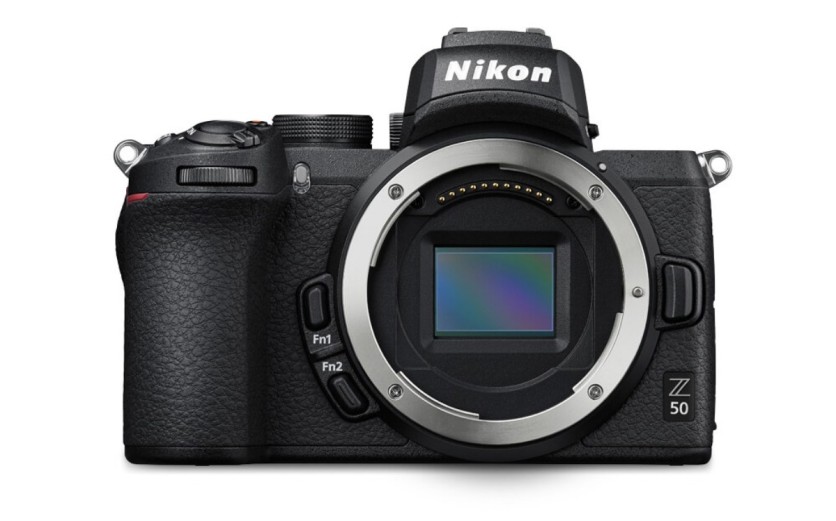
Nikon is debuting nine new lenses to its Z-mount roadmap alongside the release of the compact and lightweight Z50 mirrorless camera.
The Japanese camera maker continues to expand its series of Z-mount compatible lenses, with the ultimate goal of having 13 lenses in total by 2021. The updated lens roadmap shares some similarities with the one shown in a leak back in September, but overall the two sets vary greatly.
New Z-mount Lenses
Aside from the Nikon 14-24mm f/2.8, 70-200mm f/2.8, 50mm f/1.2 and 20mm f/1 lenses that are already part of the roadmap, the company has added eight new FX and one new DX lenses to the docket. These are:
- A 28mm 'Compact' (not S-Line)
- A 40mm 'Compact' (not S-Line)
- A 60mm Macro (not S-Line)
- A 105mm Macro (S-Line)
- A 24-105mm (S-Line)
- A 100-400mm (S-Line)
- A 24-200mm (not S-Line)
- A 200-600mm (not S-Line)
- A DX-format 18-140mm (not S-Line)
While Nikon hasn't revealed much about the aperture specs for each new Z-mount lens, some observers believe the 60mm and 105mm Macro lenses will most likely be at f/2.8, while the 24-105mm will likely be an f/4.
There's also a likelihood that the 100-400mm will be at f/4.5-5.6, which will help make the lens relatively more affordable to hobbyists. However, it could also be offered at a larger f/4 aperture. Buyers will just have to wait and see how much the Z-mount lenses will cost once they become widely available.
Nikon Z50 Mirrorless Camera
Earlier this week, Nikon also introduced a new entry-level, compact mirrorless camera known as the Z50. The shooter features the same Z-mount system as the previously debuted Z6 and Z7.
While the Z6 and Z7 are dedicated full-frame mirrorless cameras, the Z50 is geared toward more casual users who just want to take beautiful Instagram-worthy photos and videos. The new shooter ditches the full-frame sensor on its larger cousins and opts for a 20.9-megapixel DX sensor, which is also known as an APS-C.
The switch in sensors allows the Z50 to still have an impressive photo and video capture capabilities without relying on a larger and heavier body. The new camera comes in at just 14 ounces, while the Nikon Z6 weighs at about 23.8 ounces.
The Nikon Z50 features a solid design complemented with a magnesium-alloy frame, as well as a sizable grip. It offers some level of rain and weather resistance as its full-frame counterparts, but not as much. The camera maker said the Z50 has water resistance much closer to that of the Nikon D5600.
ⓒ 2025 TECHTIMES.com All rights reserved. Do not reproduce without permission.




